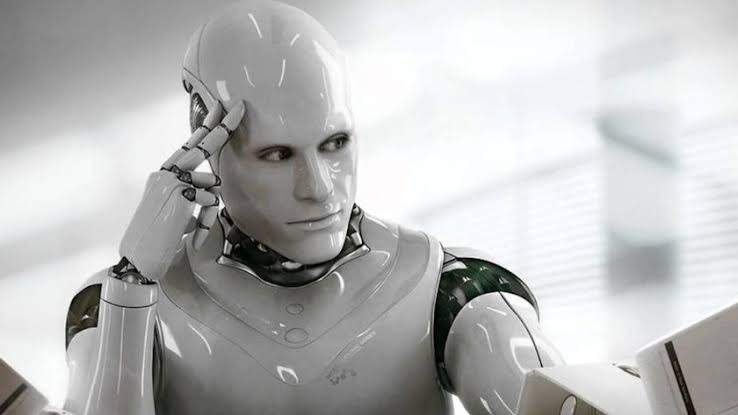
Whenever I watch the movie "Transformer" and there are lots of that, I often think about how humans might become robots in the future. I mean I know that we will not eventually "evolve" into mechanical beings. It would just be utterly incomprehensible for our fragile biological bodies to become the rigid mechanical giants that the transformers are but what if that transition is intentional? What if in the future with our advanced technology we will slowly but inevitably replace our biological chunks with advance robotic parts for the sake of longevity. Of course, that will start with the prosthesis that we have now. Primitive. Good-for-nothing. Useless for us but indispensable for the people who don't have a limb. But once the technology had progress enough then more people will start to realize that they can use prosthesis to upgrade their bodies. Starting with perhaps a leg to run faster, then the arms to grasp stronger. One part after another. Until we stumble upon the brain. Can we eventually replace this magnificent piece of equipment with a mechanical one? If that's a yes then we, humans, might eventually become the gargantuan transformers that we have conceived now.
Follow me
@neonihilist
Posted using Partiko Android
Haha, you sound just like the guys from Orphan Black :0)
We're already doing it for years: pacemakers, transplants, prostheses,... it is just a matter of time before these things go beyond what they are now (help for people in need) and will become 'aids' to achieve something.
Me and my friends are joking for years about a version of the Olympic Games for 'adapted' people, like with long legs to run faster, or with a very small head and shoulders to be more aerodynamic,...
It is a fantasy, but one day it will become reality.
We design AI's that are smarter than we are, but the one thing that - for as far as I know - can't be replaced, and why we'll never be able to transform ourselves completely qre genuine, pure human emotions....
Ya. And there's the possibility that "humans" of the future will look back at us, their ancestors, with the same indifferent manner that we look at our monkey-like bipedal ancestors